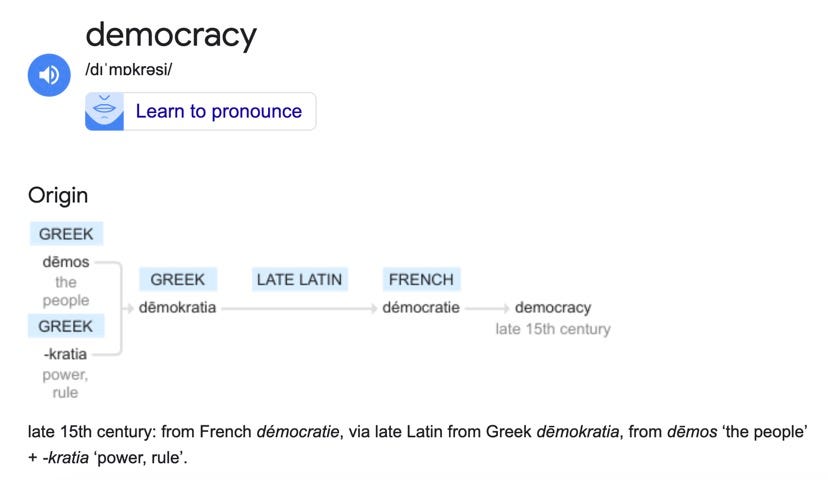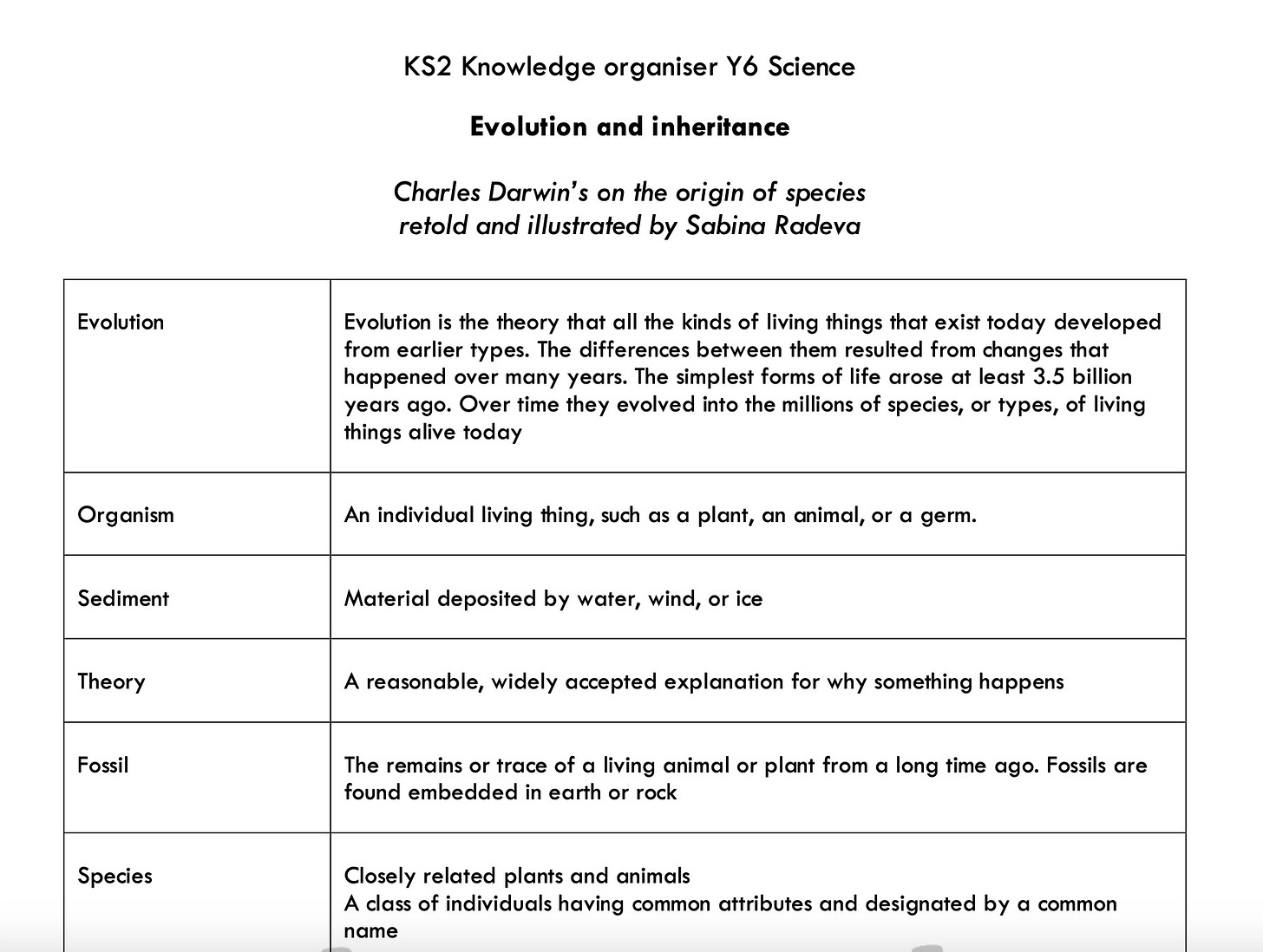
In the last post ‘It makes me feel clever!’ I talked about when we make connections between the root or roots of a word, we are creating a larger picture of meaning.
When we do this we are giving our pupils a bigger mental picture of what an important word means. We are building the ‘story’ of the word. This takes learning beyond the definition, which is important, to a deeper place of understanding.
The schools that are doing this are finding that it’s the children with the greatest language deficit that are making the greatest gains in their learning.
The words we select should be the tier three vocabulary that for the most part are subject specific. This is because they are gateways into understanding important ideas about the subject.
There are concepts underpinning every subject and they act as a thread going through the topics that pupils learn over time.
Here are some ways of making it work in the classroom.
First, we might identify an important concept that will help pupils to enter into the topic we are teaching. In this example, let’s take democracy in a unit about Ancient Greece in KS2 history.
Second, we might talk to the class about democracy being an important word and saying ‘I wonder what it means? I wonder where it comes from?’
Third, we can open up a browser on the whiteboard and type in the word ‘democracy’ then etymology. This shows us that it originally came from two Greek words: ‘demos’ meaning people and ‘kratia’ meaning power. This helps us to talk about whether all the people had power in Ancient Greece, or just some?!
Four, if we are using vocab lists or knowledge organisers for teaching units, these are a great opportunity for exploring the roots of the words.
Once we have shown pupils how to search for the roots, we can ask them to find out where some of these beautiful words come from. For example in a unit from Y6 science on the theory of evolution, which makes a great light touch homework:
Finally, this doesn’t need to be heavy duty! It’s a chance to explore, to talk about and to take pleasure in beautiful and important language.
Until next time
Mary
Also, you might like to know that I’m doing some webinars over the next couple of weeks talking with brilliant colleagues about the self-paced courses on the Huh Academy:
Huh Curriculum Leaders Monday 10th June 17.30-18.30 when John Tomsett and I will be talking about the curriculum triumvirate, primary and secondary distinctiveness, principles of curriculum design, sequencing and progression and more. If you’d like to join the webinar you can sign up here. John Tomsett and I will be talking about the overview of the course:
Building Teams Wednesday 12 June 17.30-18.30 I’ll be talking with Lekha Sharma and Sam Crome about how to create and sustain a compelling purpose and vision for your school teams. Using a range of evidence and experience from both within and outside education, Lekha and Sam provide a step-by-step guide to boosting your team’s culture and performance by focusing on its purpose and vision.
If you’d like to join us, you can register for the webinar here.
Huh Leadership Lobby Thursday 20 June 19.00-20.00 when Andrew Morrish and I will share the headlines of the research which supports leadership development. We’ll be chatting about what we found on Thursday 20th June 19.00-20.00. You can sign up here.
These webinars are live and free and if you can’t make it, just register and we’ll send out a recording afterwards.




